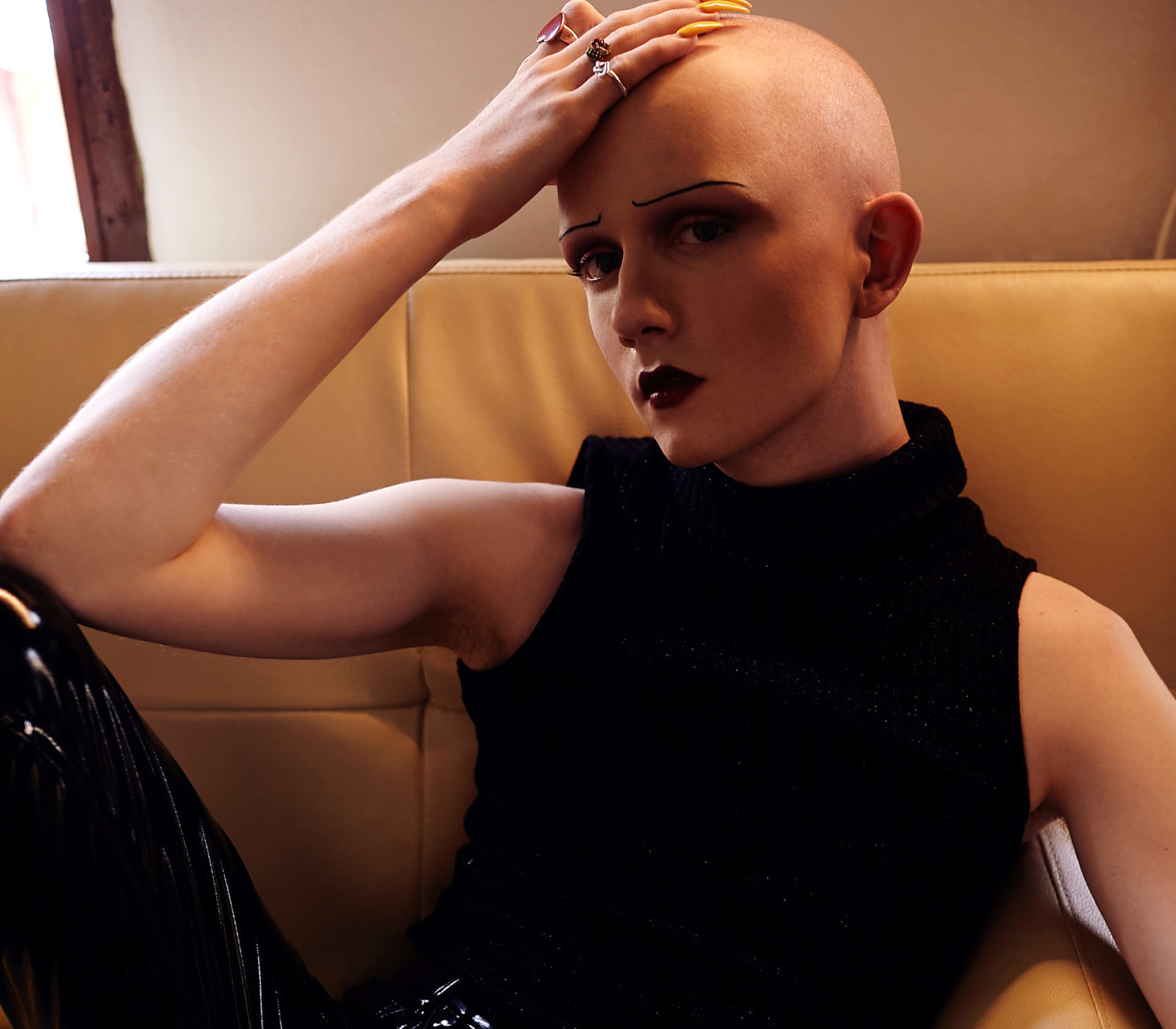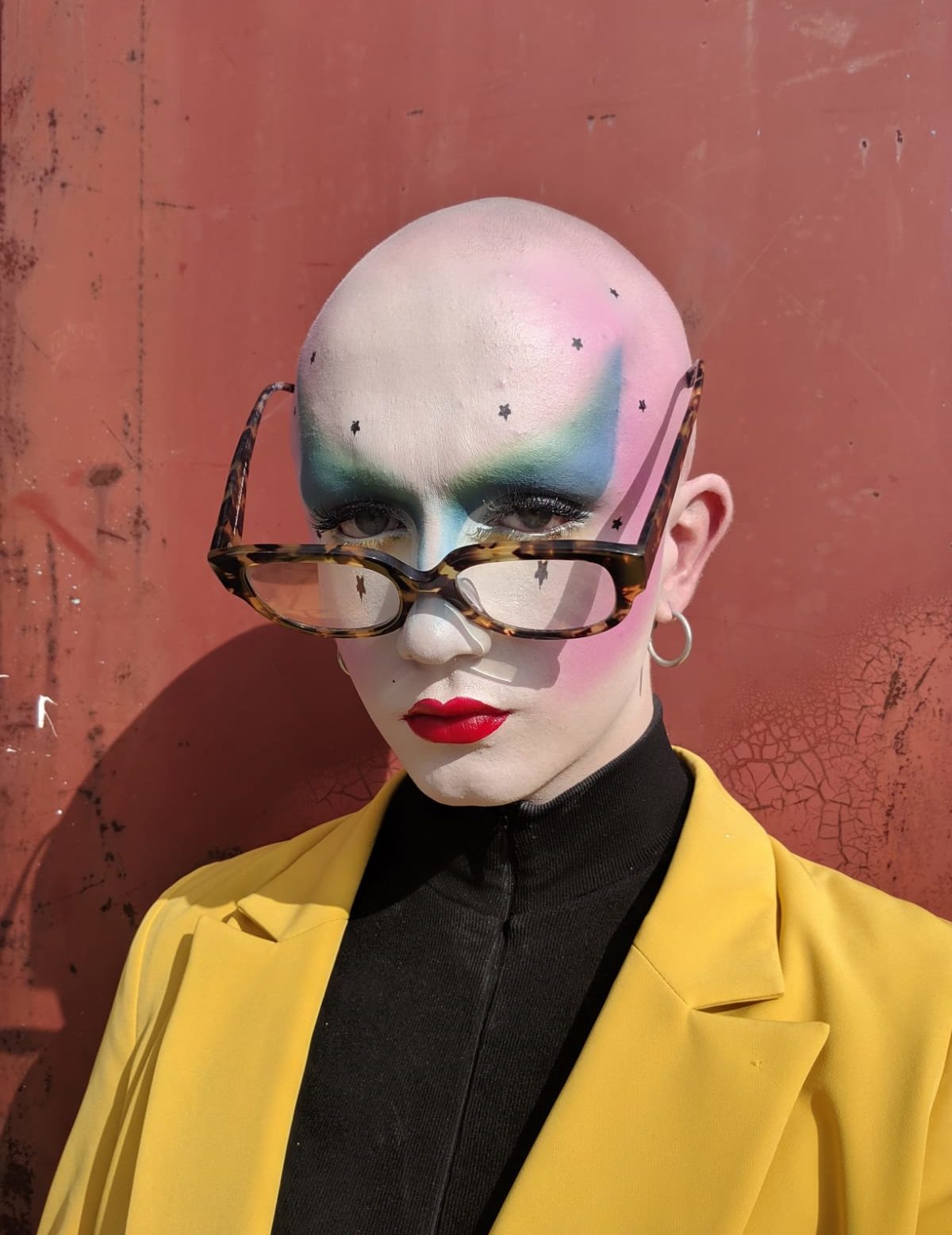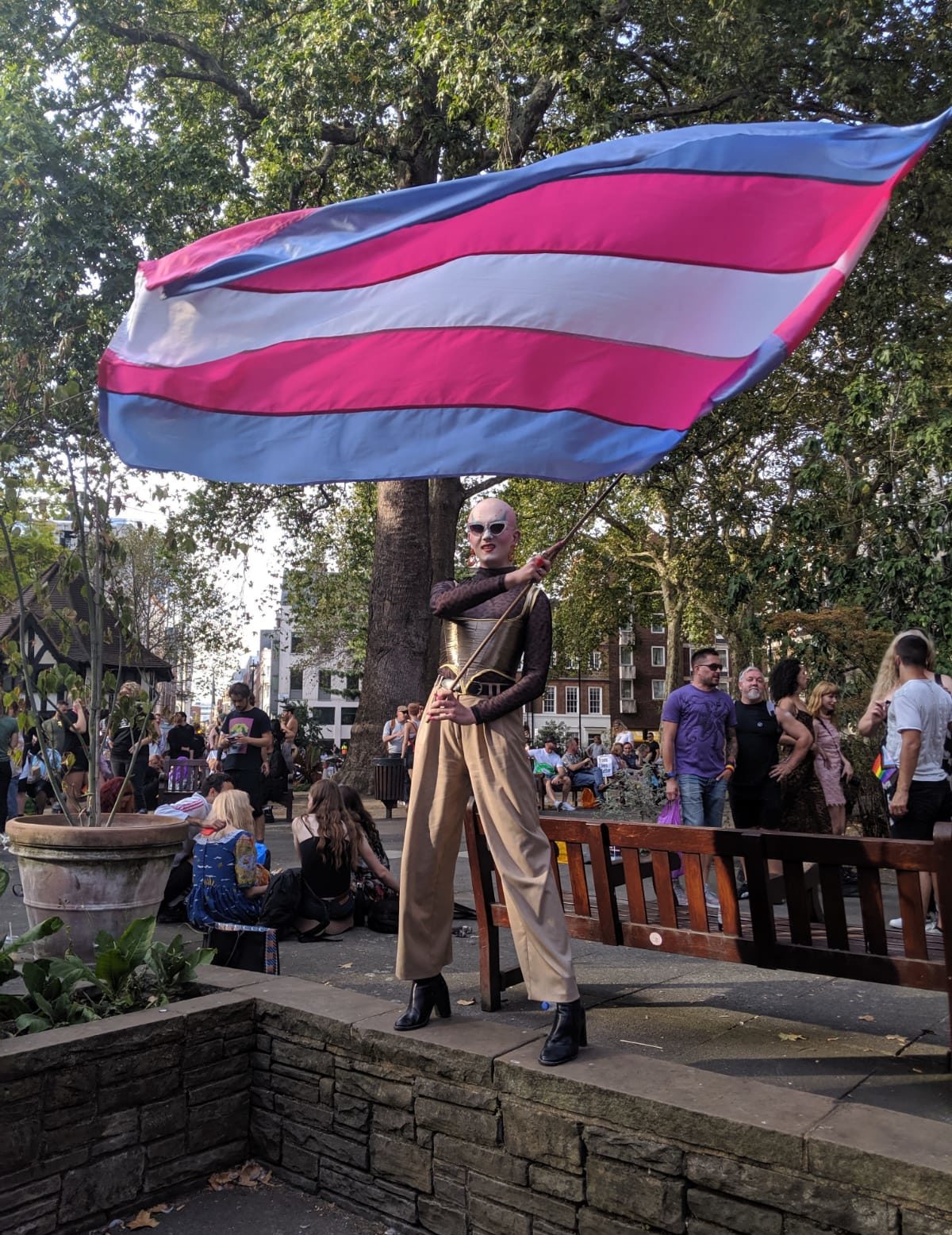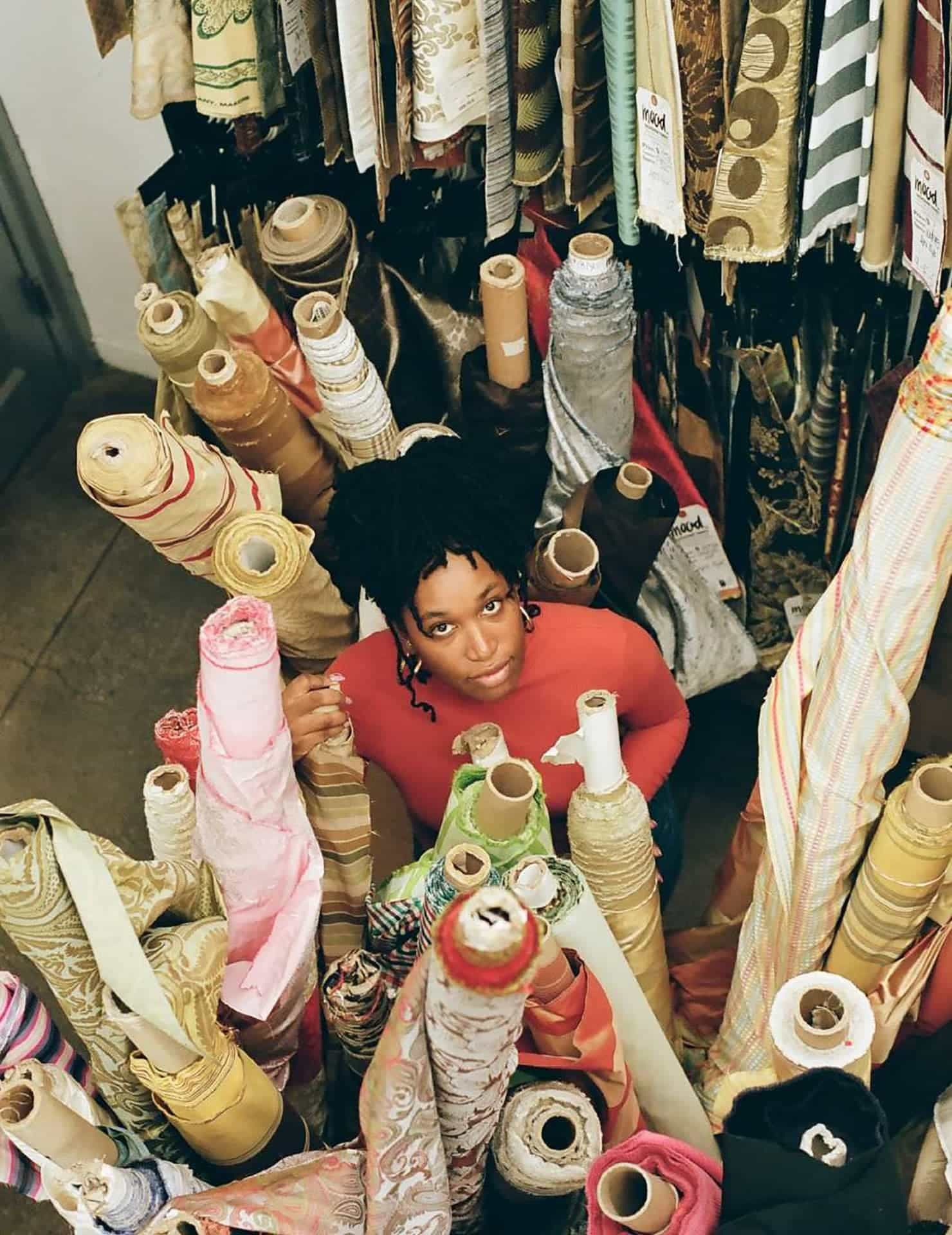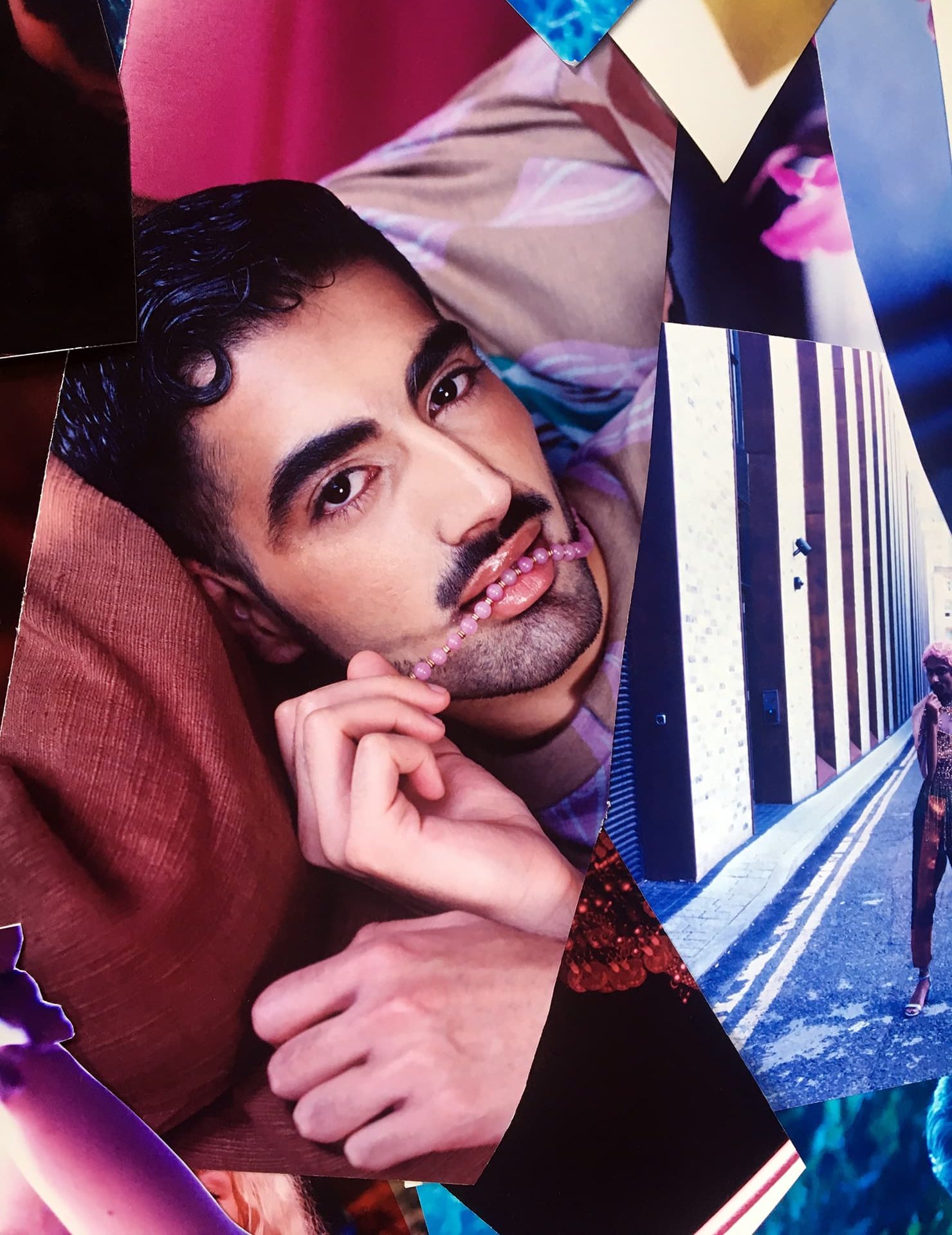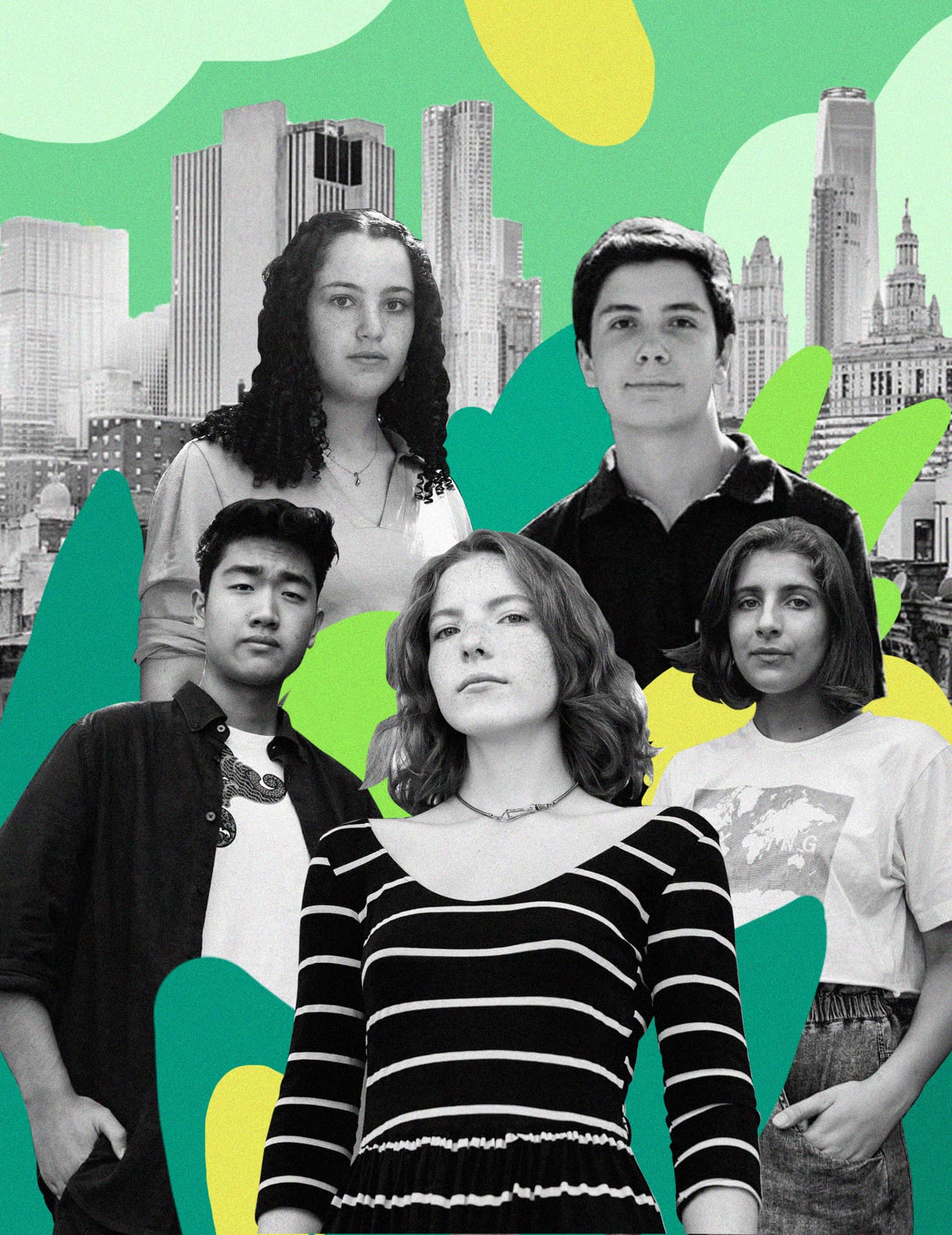I remember when I was at school, and we had those mandatory What are you going to be when you grow up? lessons where we had to go through 942 questions about our likes and dislikes and then a vague job would arrive at the end. Mine was always firefighter, however the heat from a gas hob used to send me into a panic so I quickly erased that from my future. But what always intrigued and aroused my suspicion was that we were told that in actual fact, the jobs we were potentially going to have as adults hadn’t even beeninvented yet.
In the late 2000s, we were beginning a time of complete social and digital revolution. Our landscapes were changing and in the 12 years since then, the job and cultural landscape of the world we live in has completely evolved into hilariously millennial jobs such as ‘Head of Content’ and ‘Blog Manager’. I grew up to be a writer-public speaker-model-consultant. Like many people who juggle their multi-hyphenate career, a term I became privy to via Emma Gannon’s bestselling book, we are still figuring it out as we go.
At the moment I am writing my debut book, so for the past eight months I’ve been a writer. However when I have a flurry of photo shoots to saunter into, I’m a model. Activist is a term that has been adorned upon me and with it comes a whole other set of expectations
I’ve never been sure that I enjoy the label of activist. I understand its premise and the power that comes with the word. I also understand the privilege that the word “activist” has tied to it, and for me it always feels slightly uneasy. I’ve always understood activism to be something anti-capitalist, rebellious, physical and loud. Over the past decade, we’ve seen ‘activism’ change, and largely this has been a positive move. It allows people less able to attend physical events for ability/mental health reasons to feel engaged, which for me was a massive help. As someone with anxiety and OCD, the physical protest part image of activism that many of us have as a template was always terrifying. This movement has meant that often a lot of the work we do in these ‘activist’ spaces is online, however a lot of it has also become aligned with capitalism. What i’ve realised within this space, is that it’s ok to do brand work that correlates with the values you want to promote, as long as you’re treated correctly, and also don’t pedestal this type of work as the only way that we can create change. It isn’t something that should reign supreme, and often clouds the more important and vital work that continues day in, day out. It’s an outlet that allows us to expand our message, but also can often leave grassroots groups left in the dark, which should never be the case.
